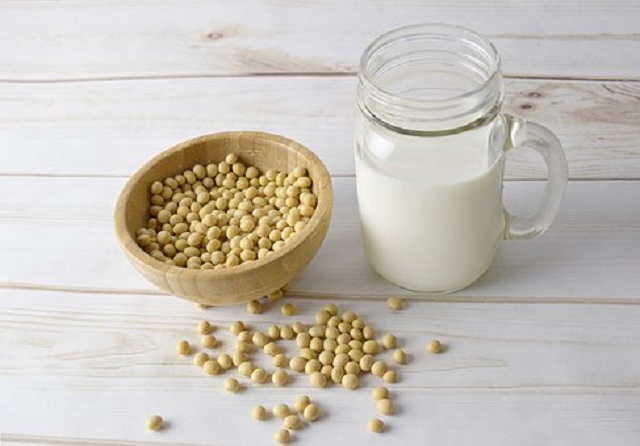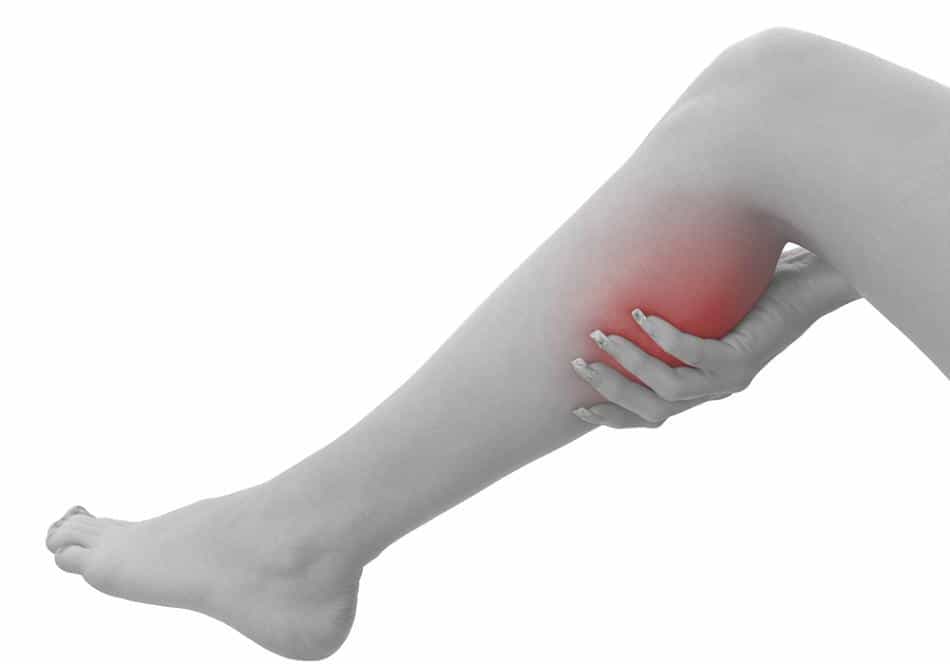Contents:
- Medical Video: 😂 1st vs. 2nd Pregnancy 😂
- Nursing a second child is easier because the mother's body remembers the process
- Some of the benefits and benefits of breastfeeding for women
- Encourage the release of happy hormones
- Maintain heart health
Medical Video: 😂 1st vs. 2nd Pregnancy 😂
Breastfeeding is a natural part of being a mother. But not infrequently at birth and during the first breastfeeding period, many women find it difficult and frustrating about the problem of breastfeeding. Either because the body feels sick, breast milk does not come out, or because of other breastfeeding problems. But the myth of breastfeeding a second child will be easier to do than the first time. Is that right?
Nursing a second child is easier because the mother's body remembers the process
A new study, published in the Lancet journal in 2001, examined a mouse that breastfed a second child, and why it was easier to do than breastfeeding for the first time.
The study found that the mother's body has the ability to remember how milk is produced when it is preparing to breastfeed a second child. The reason is, after the first pregnancy, the milk glands that produce milk will be in a state of standby, to produce milk during another upcoming pregnancy.
Then during pregnancy, DNA in mammary gland cells will lose some important elements called methyl groups. When a woman is not pregnant, this methyl group functions as a "brake" that prevents milk-making proteins from being made. But once the brakes are gone, milk production usually becomes abundant, and new milk channels are formed in the body. In this way, the mammary gland will "remember" the first pregnancy more and start preparing to make milk quicker and easier for the second time.
The researchers also found that during the second pregnancy, the mammary glands that had previously grown would grow to branch out again. As a result, the branch of the mammary gland can help explain why even some women or even mice produce more milk for their second child. In the Lancet journal study along with 22 of these mothers, they could produce 30% more milk volume than the first one a week after the birth of their second child.
Some of the benefits and benefits of breastfeeding for women
Apart from the difficulty of your easy breastfeeding experience, remember that breastfeeding is not only beneficial for children's health but also for yourself. Breastfeeding ...
Encourage the release of happy hormones
The breastfeeding process triggers the mother's body to release the hormone prolactin and oxytocin. Prolactin acts as a trigger for relaxation and also prevents the ovum from ovulating for some time so that the menstrual cycle can be temporarily delayed. While oxytocin acts as a trigger for closeness between mother and baby. In addition, oxytocin also helps the uterus to return to its normal size after childbirth, and this is needed to prevent it postpartum hemorrhage.
Maintain heart health
Something studies released in 2010 showed that mothers who breastfeed had a lower risk of cardiovascular disease. Conversely, the risk of the disease is more common in women who have not breastfed for more than three months.
One explanation of this is that breastfeeding can reduce levels cholesterol triglycerides who experienced an increase due to changes in diet and increase in body during pregnancy. Nursing mothers also tend to have higher levels of good cholesterol (HDL) while breastfeeding. The process of breastfeeding can also reduce blood pressure because it can produce a sense of calmness from the hormone oxytocin which also plays a role in controlling stress.












